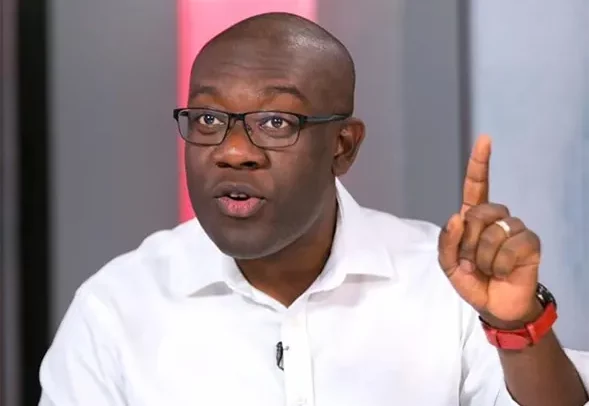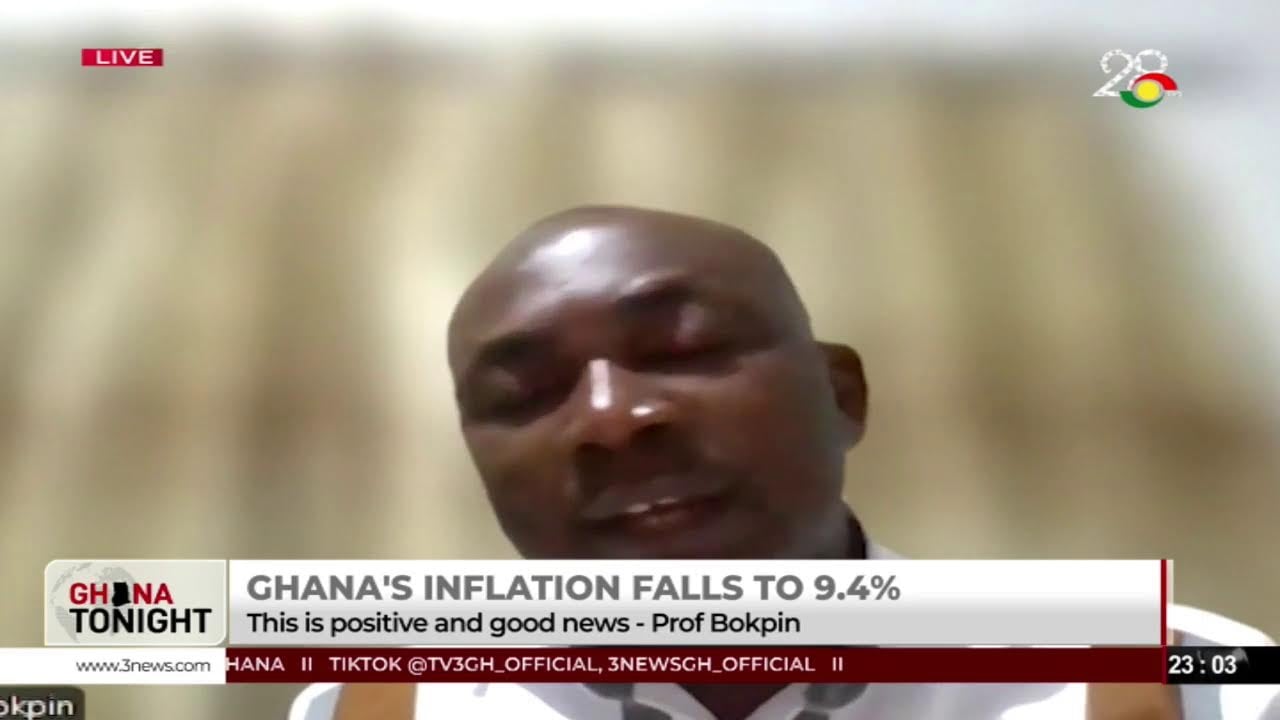
Kojo Oppong Nkrumah
The Minority has challenged the government’s claims of currency stability, stating that the cedi remains under pressure and forex market distortions are worsening.
While the Finance Minister declared “cedi no apicki,” the Minority says this does not reflect the actual forex conditions on the ground.
“There is a persistent gap between interbank and black market rates. Importers are struggling to access dollars,” they stated.
Addressing the media in Parliament, the MP for Ofoase-Ayirebi and former Minister of Works and Housing, Kojo Oppong Nkrumah, accused the Bank of Ghana of opaque interventions, citing an IMF report that revealed over US$1.4 billion was injected into the market in Q1 2025 alone, despite BoG denials.
“The government cannot continue denying what international observers have confirmed. These unstructured interventions are unsustainable,” the Minority warned.
He echoed the IMF’s call for a formal FX intervention framework and urged policies to reduce import dependence. “Until we empower local production and limit cheap imports, the pressure on the cedi will persist,” he added.
The MP for Ofoase-Ayirebi urged the government to adopt more sustainable measures for exchange rate stability and economic recovery.
According to him, the reliance on central bank forex injections and gold exports is not a durable policy path. “Today, gold prices are high, but they won’t remain high forever. That’s why this current approach is unsustainable,” he said.
Oppong Nkrumah further questioned the logic behind the government’s management of the controversial gold-for-oil programme.
“You claim the programme never existed, but then announce its cancellation. How do you cancel a non-existent policy?” he asked. He cited acknowledgements by the Bank of Ghana and past government communications confirming the programme’s operation.
He argued that without a clear framework for managing forex demand – especially from major sectors like fuel imports – the cedi would remain vulnerable to external shocks and speculative activity.
“The government must pay attention to what actually drives forex demand and manage it intelligently,” he said.
On long-term fiscal strategy, the former minister called for a stronger commitment to public-private partnerships (PPPs) as a way to reduce pressure on the national treasury. “You can’t fund everything with public money. We need to crowd in private capital through PPPs,” he advised.
Citing the stalled Saglemi Housing Project, Oppong Nkrumah said he and then-Finance Minister Amin Adam had secured a PPP model to complete the project with $100 million in private investment. “It was signed before we left office. Six months later, it’s still idle because the new government abandoned the approach,” he lamented.
He recommended starting the 24-hour economy initiative through the Public Investments Division of the Finance Ministry, suggesting it be transformed into a hub that evaluates PPP proposals around the clock.
“The problem is not always lack of money; sometimes it’s poor strategy. If we commit to PPPs, we can unlock private capital to deliver public goods without increasing debt or overburdening taxpayers,” Mr. Oppong Nkrumah noted.
He also echoed the call for improved enforcement of forex repatriation requirements, such as Letters of Credit, to ensure foreign exchange earnings from exports are retained within the Ghanaian financial system.
By Ernest Kofi Adu, Parliament House
Read Full Story


















Facebook
Twitter
Pinterest
Instagram
Google+
YouTube
LinkedIn
RSS